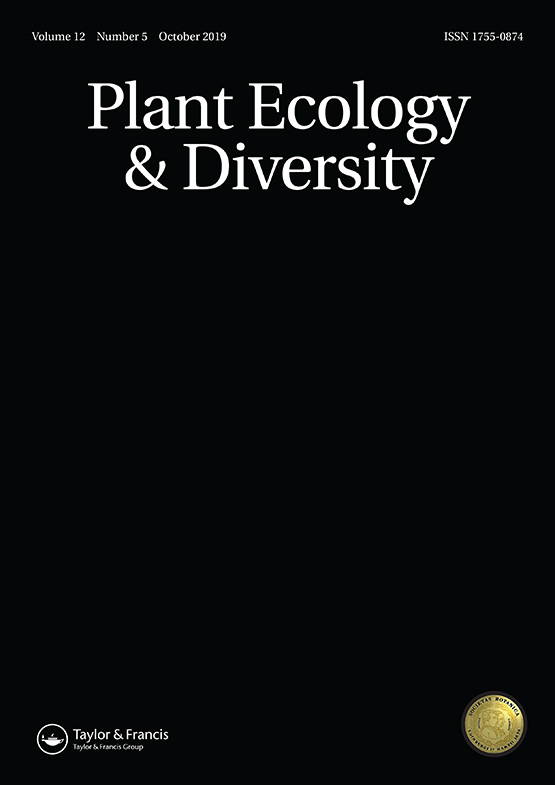tandfonline.com har udgivet en rapport under søgningen “Teacher Education Mathematics”:
ABSTRACT
ABSTRACT
Background: In his 1991 book, Peters criticised the science of ecology, comparing it unfavourably with mainstream science such as physics and chemistry. His points of criticism include: (i) the questions ecologists ask are poorly formulated (ii) there are no fundamental principles (iii) research results seldom provide the basis for prediction and (iv) the science moves forward very slowly, as shown by the sluggish citation performance.
Aims: I revisit Peters’ book and ask whether the criticisms therein still hold.
Methods: Citation metrics are used to track the scientific progress of ecology over the last three decades.
Results: There has been a sharp increase in citations of ecology articles since 1990. There are strong signs that research ecologists are more closely adhering to the Popperian method (hypothesis testing), that they are more concerned with ‘prediction’ and that their work is more often focused on the large questions, such as global change, that humanity faces. More over ecologists today often work within large international networks with scientists from other disciplines, and ecological topics more often appear in general science journals like Nature and Science.
Conclusions: Ecology now has the features of mainstream science and it can be argued that ecology has ‘grown up’.
